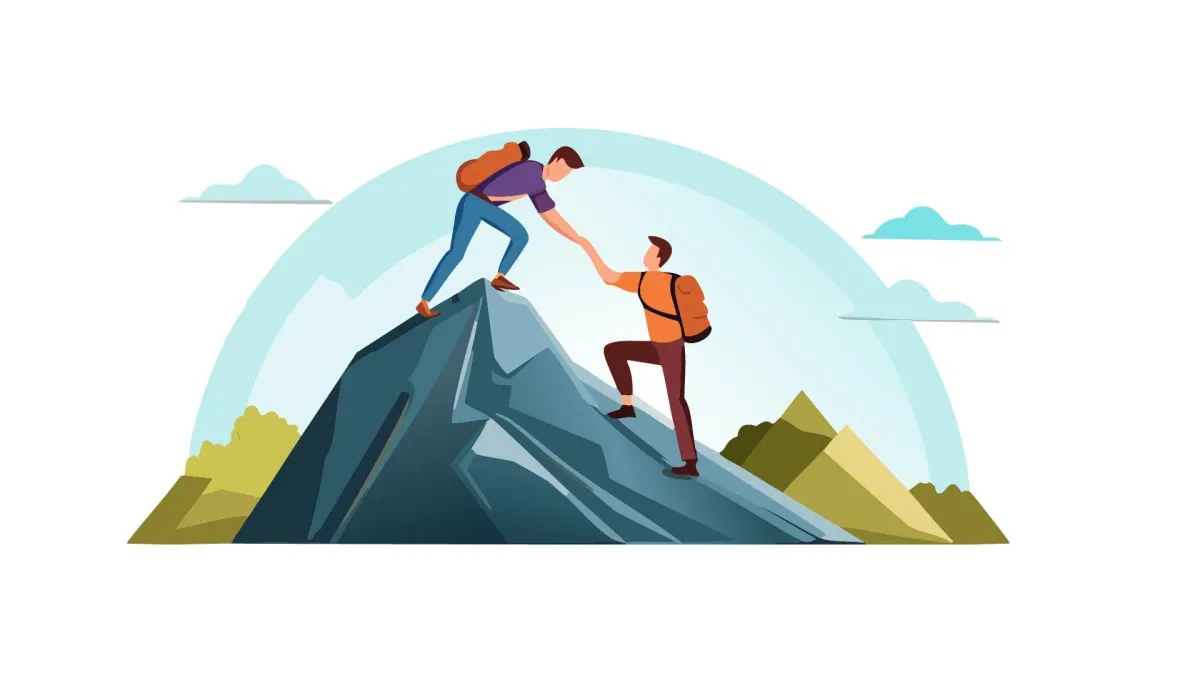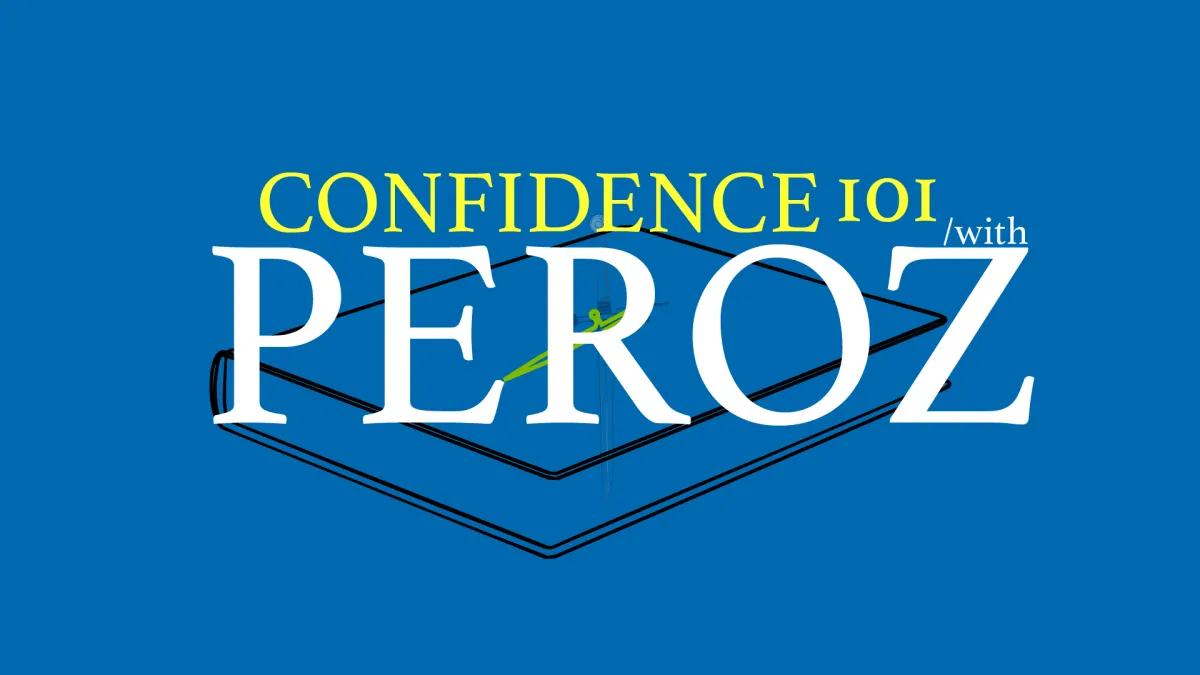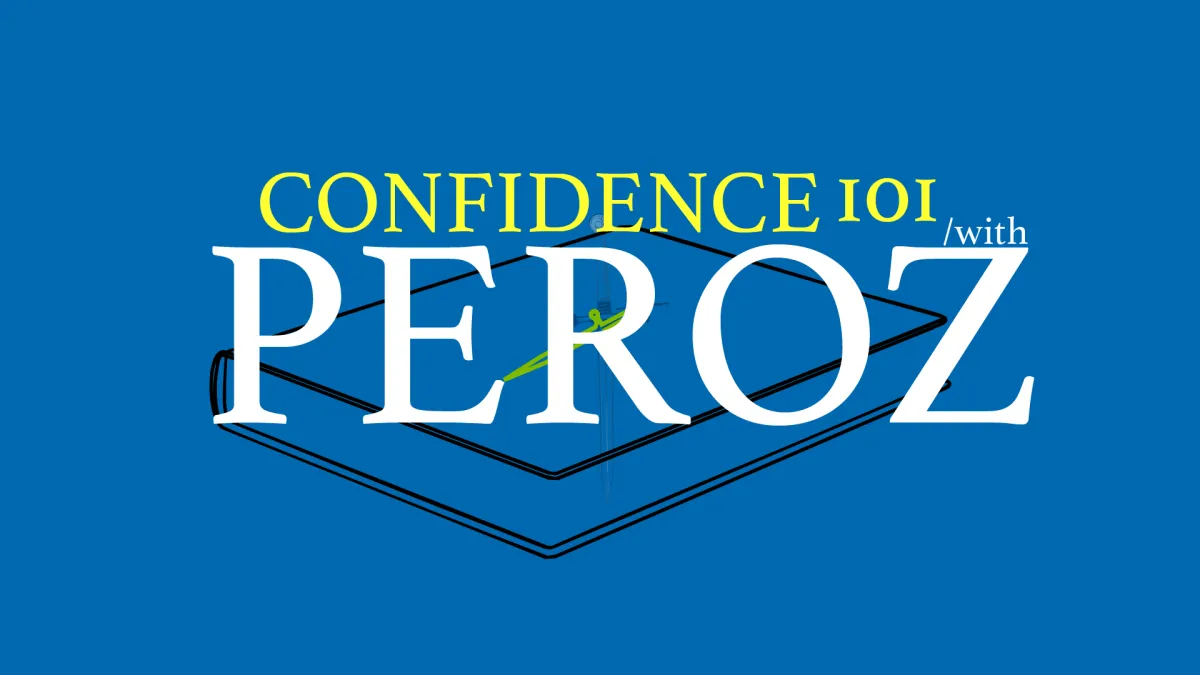I’ve journeyed from the brink of suicidal thoughts due to social anxiety to feeling at ease and confident in social situations. After years of therapy, countless books, coaching, and numerous courses, I found that no drugs, visualization, or affirmations worked. The only thing that truly made a profound shift in my confidence are three simple skills. These skills are universal across coaching and teaching.
1: Mindfulness
2: Taming Inner Critic ( Self-Talk )
3: Facing Your Fears
Peroz Shirzad
1:1 Coaching Session to Gain Personalized Clarity
Clarity – The call is designed to provide clear insights into your challenges and goals. You’ll gain a better understanding of where you stand, what’s holding you back, and the steps you can take to move forward. No fluff—just direct, practical guidance tailored to your needs.
Confidentiality – Your privacy is a priority. Everything shared during the call remains strictly confidential, creating a safe space for open and honest conversation. You can express yourself freely without fear of judgment.
Assurance – This is a pressure-free, supportive conversation where you’ll receive assurance that growth is possible. You’ll walk away with a sense of direction, knowing that the path to greater confidence and success is within reach.

Whether you've taken my course or not, chances are you're facing questions or blocks in your social progress. This session is designed to give you direct, actionable support. Here’s why you might want to book:
You have a pressing question about a specific social situation — like handling conflict, solving a misunderstanding, or navigating a difficult interaction.You need a clear, honest, and confident response .
You feel stuck — unsure where to go, how to start, or what to do in social situations.You're looking for clarity, direction, and a fresh approach that actually works for you.
You want to follow up on your progress from previous coaching.
You’ve made changes, and now you want to deepen them, stay on track, or troubleshoot what's not working.
To Ensure a Powerful and Aligned Coaching Experience — Start With a Free 20-Minute Discovery Session
Before diving into a full 45-minute coaching session, I offer a free 20-minute call so you can get a real sense of whether we're the right match to work together. It’s important to me that I offer sincere, honest support — and that you feel confident and at ease before investing in a session.
During this free session, you’re welcome to bring any questions you have — and I’ll bring mine too. We'll explore your goals, challenges, and see if there’s a genuine fit. That way, when you do book the full session, you’ll know it’s going to be worth your time, energy, and money.
Testimonials
Before working with Peroz, I struggled with even the simplest social situations—I’d avoid eye contact, feel anxious in public, and overthink every interaction. Going to the store or starting a conversation felt overwhelming. Peroz helped me break through that fear step by step. Now, I walk into places with ease, make casual conversation without overthinking, and actually enjoy being around people. The difference is night and day
John
Before working with Peroz, I felt nervous just stepping into a store or being around people. I’d avoid conversations, keep my head down, and second-guess everything I said. Peroz gave me the tools to build real confidence, and now I move through public spaces with ease. I can start conversations naturally, feel relaxed in social settings, and no longer let fear hold me back. It’s been a life-changing experience!
Lili
I used to feel tense and awkward in public—going to the store, making small talk, or even just being around people made me uncomfortable. Working with Peroz changed that. He helped me develop real confidence, step out of my comfort zone, and handle social situations with ease. Now, I walk into any place feeling relaxed, start conversations naturally, and actually enjoy interacting with others. I never thought this kind of confidence was possible for me!
David
FAQS
How long does it take to become socially confident?
I’d answer that with a question—how long does it take to learn anything? It varies for everyone. For me, it took years because I had to search for the right tools and practices. If you have the right guidance, you can learn the basics in about 12 weeks, while true mastery can take 1-2 years. The key is commitment—being willing to test, practice, and even fail along the way.
I have never felt socially confident. Is it possible for me to get better?
Absolutely—100%. Social confidence is a skill, and like any skill, it can be learned through practice, trial, and error. No matter your age or how long you've struggled, you can improve with the right mindset and consistent effort.
I've been working on social anxiety for years, but I don't see any major progress.
It's likely that something is blocking your progress. It could be that the tools you're using aren't effective, there are deeper internal resistances, or consistency has been an issue. Identifying and addressing these obstacles can help you break through and start seeing real change.
I feel great at some social occasions, but other times I experience intense anxiety. What’s going on?
This is actually a great sign—it means you're capable of feeling socially at ease in some situations. Social anxiety often stems from unhelpful beliefs or habits. When anxiety shows up, it could be due to mental blocks or less effective patterns that still need to be addressed. The key is to identify what’s working and apply those strengths to the moments that feel more challenging.
Can I just get rid of my social anxiety now? I'm sick of it.
I hear you—social anxiety can be painful and frustrating, especially when it holds you back from enjoying yourself, expressing who you are, and leaves you feeling horrible afterward. I’ve been there too, and I know how exhausting it can be. But I promise you, with the right tools and consistency, you will see progress. Be kind to yourself, take a breath, and keep going. You’ve got this.
How can I become socially confident for good?
As the saying goes, "Complexity is the enemy of execution, and therefore, the enemy of growth." The key to lasting social confidence is simple: consistently do the things your mind tells you that you can't—over and over again, step by step. Gradual exposure to discomfort rewires your brain, turning fear into ease.
Get In Touch

